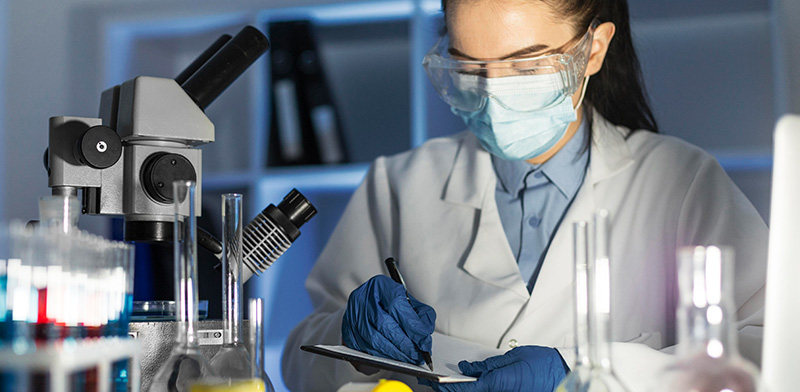
A Comprehensive Guide: Unveiling the Role of Medical Affairs in Modern Healthcare (part II)
Roles and Responsibilities in Medical Affairs
Medical Affairs is a crucial component within pharmaceutical and healthcare organizations, playing a pivotal role in bridging the gap between scientific innovation and clinical practice. This article aims to provide an overview of the roles and responsibilities within Medical Affairs, shedding light on the key functions they perform.

Overview of Roles within Medical Affairs:
- Medical Science Liaisons (MSLs): MSLs are field-based professionals responsible for establishing and maintaining peer-to-peer relationships with healthcare professionals (HCPs). They serve as scientific experts, providing accurate and up-to-date information on products, therapies, and disease states. MSLs also gather insights from HCPs to inform internal stakeholders about emerging trends and unmet medical needs.
- Medical Information Specialists: These professionals are tasked with responding to inquiries from healthcare professionals, patients, and internal colleagues regarding product information, clinical data, and medical literature. They ensure that responses are compliant with regulatory requirements and company policies while delivering timely and accurate information.
- Clinical Research Physicians: Clinical research physicians oversee the design, implementation, and interpretation of clinical trials conducted to evaluate the safety and efficacy of pharmaceutical products. They collaborate with cross-functional teams to develop study protocols, analyze data, and prepare regulatory submissions. Clinical research physicians also contribute to the scientific understanding of diseases and treatment modalities through publications and presentations.
- Medical Affairs Managers/Directors: These individuals provide strategic leadership and operational oversight within Medical Affairs departments. They develop and execute medical affairs plans aligned with organizational objectives, ensuring effective communication of scientific data to internal and external stakeholders. Medical Affairs managers also play a crucial role in fostering collaborations with key opinion leaders (KOLs) and academic institutions to advance scientific research and education initiatives.
- Regulatory Affairs Specialists: Regulatory affairs specialists are responsible for ensuring compliance with regulatory requirements governing the development, approval, and marketing of pharmaceutical products. They liaise with regulatory authorities to obtain approvals for clinical trials and marketing authorizations, while also providing regulatory guidance to internal teams on labeling, advertising, and promotional materials.

Key Responsibilities and Functions:
- Scientific Communication: Medical Affairs professionals are entrusted with communicating scientific evidence and clinical data in a clear, accurate, and unbiased manner. They engage in scientific exchange with healthcare professionals through educational programs, advisory boards, and medical congresses to facilitate informed decision-making regarding treatment options.
- Medical Education: Medical Affairs teams develop and deliver educational resources and training programs for healthcare professionals, patients, and internal stakeholders. These initiatives aim to enhance understanding of disease mechanisms, therapeutic interventions, and clinical outcomes, ultimately improving patient care and treatment outcomes.
- Evidence Generation: Medical Affairs plays a crucial role in generating real-world evidence through post-marketing studies, observational research, and patient registries. By collecting and analyzing data from clinical practice, Medical Affairs teams contribute to the identification of unmet medical needs, optimization of treatment strategies, and development of health economic outcomes research.
- Thought Leadership and Advocacy: Medical Affairs professionals collaborate with key opinion leaders (KOLs), professional societies, and patient advocacy groups to advance scientific knowledge and healthcare policy. They participate in scientific advisory boards, expert panels, and industry forums to shape clinical practice guidelines, therapeutic algorithms, and regulatory policies.

In conclusion, Medical Affairs serves as a strategic partner within pharmaceutical and healthcare organizations, driving scientific innovation, clinical excellence, and patient-centric care. By fulfilling their diverse roles and responsibilities, Medical Affairs professionals contribute to the advancement of medical science and the improvement of public health worldwide.
At Pro Pharma Research Organization we specialize in Medical Affairs services, including medical information services, support in clinical trials, support in regulatory affairs, among others. Contact us to access more information and discover how we can help your company.
Publication date: April 2024
Author: Pro Pharma Research Organization Team